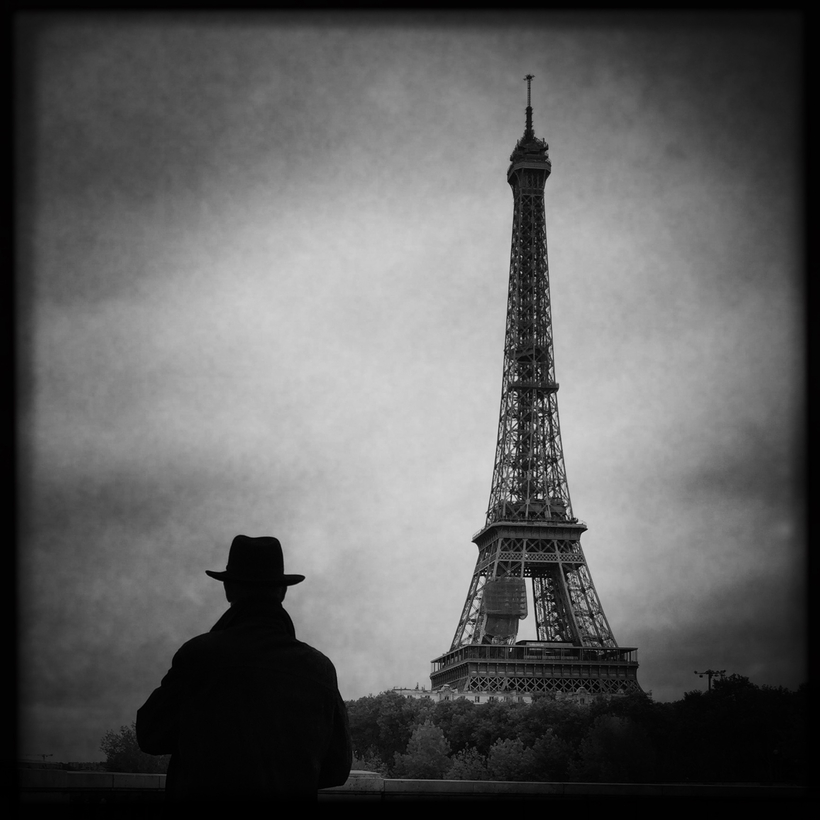How do you write a sequel to The Sympathizer, Viet Thanh Nguyen’s debut, about a French-Vietnamese double agent—“a man of two faces and two minds”—that blew apart easy classification and Hollywood clichés of the Vietnam War, winning the 2016 Pulitzer Prize along the way? The novel, like its protagonist, was a study in schizophrenia: part spy thriller, part existential novel of ideas, The Sympathizer ushered in a new conversation about the war’s psychic wounds from a Vietnamese perspective.
Well, it’s not like Nguyen hasn’t been busy in the years since. He published a scholarly study, Nothing Ever Dies: Vietnam and the Memory of War; a book of stories, The Refugees; a brace of fiercely argued op-eds (taking on topics from immigration and the U.S. elections to Spike Lee’s Da 5 Bloods).
There’s also been a children’s book, Chicken of the Sea, written with his son, Ellison, and a proliferation of social-media posts, sharp observations on our cultural moment—plus food and cocktails—that have earned him a devoted following.
A study in schizophrenia: part spy thriller, part existential novel of ideas.
The Committed arrives with as much verve and audacity, and as many angst-ridden rants, as The Sympathizer did. Nguyen’s unnamed narrator—still a “spook,” and possibly speaking to us from beyond the grave—is as self-lacerating as ever, caught between countries and causes and struggling with commitment and abandonment issues. (“I didn’t abandon the revolution,” he insists. “It abandoned me.”) He is also now a “ghostwriter,” he jokes, pouring his heart out once more in a confessional manuscript.
So what has changed since we last saw him, being tortured in a Vietnamese re-education camp along with his anti-Communist blood brother, Bon, while watched over by the faceless commissar, Man (who also happened to be their third blood brother)? It’s now the early 1980s, and he and Bon are refugees in the City of Light, their bags “packed with dreams and fantasies, trauma and pain, sorrow and loss, and, of course, ghosts.” To them, everything in Paris is evocative—the Eiffel Tower, the raging political and philosophical debates, berets, baguettes. (“Oh, baguette! Symbol of France, and hence symbol of French colonization!”)
Nguyen’s unnamed narrator is still a “spook,” and possibly speaking to us from beyond the grave.
But even before he can exhale, our antihero is caught up in a new drama: introduced to the local Asian underworld, he soon begins peddling hashish to the fancy clientele he meets at his aunt’s soirées. A turf war with Algerian mobsters ensues, despite a shared history of French exploitation and bitter guerrilla wars of independence.
The action careens between Paris’s high-class boulevards and the “Asiatic Quarter” in the outskirts, with extended scenes in Delights of Asia, the city’s worst Asian restaurant; an upscale brothel and a psych ward; and multiple torture chambers, where discussions of imperialism and racism (both American and French varieties) alternate with sessions of Russian roulette and gore on a Tarantino scale. Meanwhile, a showdown with the Algerian thugs is looming, as well as a final confrontation between blood brothers Man and Bon.
Nguyen’s wildly inventive narrative unfolds in a mad rush, a wickedly lethal mix of black humor and the crueler truths of war and historical plunder. Elements of the shadowy intrigue of John le Carré and Graham Greene jostle with the revolutionary theories of Jean-Paul Sartre, The Wretched of the Earth author Frantz Fanon, and Aimé Césaire, the towering anti-colonial poet and politician from Martinique. (If you’re looking for a classic study in “decolonizing the mind,” The Committed is it!) The ironies are rich and run deep throughout Nguyen’s riotous follow-up. “Here I was in the land of my father, infecting it with Eastern drugs,” the book’s budding capitalist gloats, “a small payback for how his country had infected mine with Western civilization.”
Anderson Tepper is a co-chair of the International Committee of the Brooklyn Book Festival

